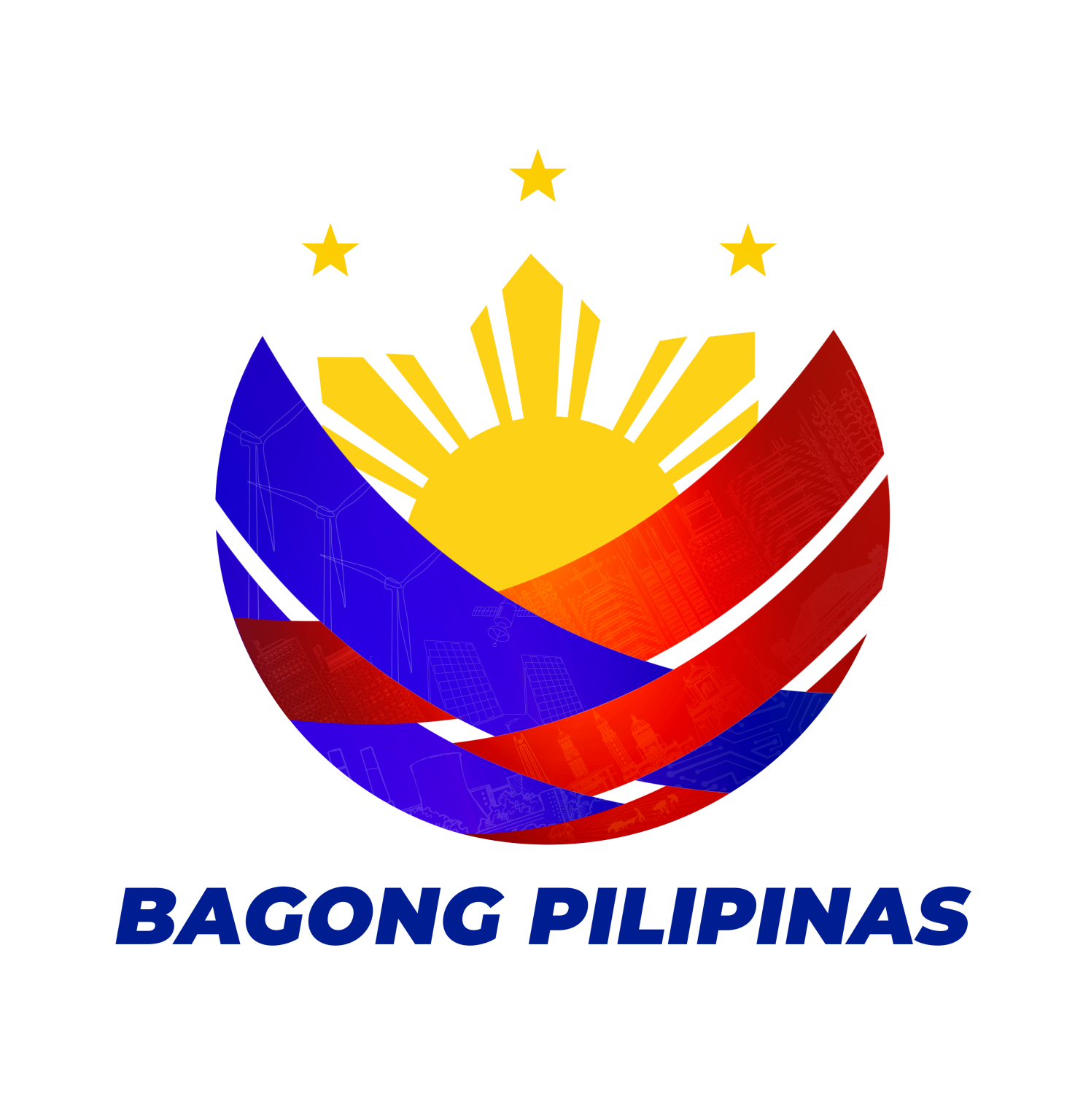Isabela City, Basilan Province – In the quiet coastal Barangay of Tampalan, a newly constructed Alternative Learning System (ALS) Center stands as a symbol of resilience and hope for the Badjao community. On July 1, 2025, the Alternative Learning System (ALS) Learning Center was inaugurated by the Department of Social Welfare and Development’s KALAHI-CIDSS program, bringing a wave of hope to the Indigenous Peoples (IP) Badjao community. For Jamila Hawani, a dedicated ALS teacher, this moment is nothing short of a dream realized—a sanctuary of learning for a community too often pushed to the margins.
For years, the indigenous Badjao children and adults have faced exclusion, discrimination, and the painful sting of bullying in traditional schools, forcing many to abandon their education altogether.
Hawani’s joy is palpable as she walks through the newly built center, a modest yet sturdy structure designed to hold 45 students at a time. But her heart carries the weight of a larger truth: 456 Badjao individuals, from young children to adults, remain out of school, yearning for the chance to learn. The numbers are daunting, but Hawani’s resolve is unshakable. “We’ve strategized a schedule to accommodate them,” she shared with Atty. Bernadette Mapue-Joaquin, KALAHI-CIDSS National Program Manager.
The Badjao, an Indigenous group often referred to as “sea nomads,” have long faced systemic challenges. Many of the out-of-school youth and adults have been driven away from traditional schools by relentless bullying and discrimination from non-IP students—a reality confirmed by the barangay chairman of Tampalan. For these individuals, the sting of exclusion has been a barrier to education, a wound that Hawani and her fellow teachers are determined to heal. 

For Ms. Hawani, the fight for education is personal. “Many Badjao children drop out because they are bullied and made to feel unwelcome,” she shared, her voice steady but her eyes reflecting years of witnessing heartbreak. “They deserve to learn without fear.” Hawani added.
Tampalan Barangay Chairperson Laila I. Alih confirmed these struggles, acknowledging that discrimination has pushed countless Badjao learners away from formal schooling.
Hawani refuses to let their stories end there. For her the center is more than a building; it’s a promise of dignity.
Together with fellow teachers, barangay officials, and Indigenous People (IP) leaders, she has crafted a meticulous schedule to accommodate the overwhelming number of eager learners.
“We may not have enough space yet, but we will make it work,” she said. “Every child, every adult who wants to learn—we will find a way.”
During the inauguration, DSWD KALAHI-CIDSS National Program Manager Atty. Bernadette Mapue-Joaquin recognized the challenges ahead but emphasized the transformative power of the new center.
DSWD Field Office IX Regional Director Riduan P. Hadjimuddin echoed this sentiment, drawing inspiration from the words of a Nobel Peace Prize laureate: “Education is freedom.”
“When a child learns to read and write, that child gains the freedom to dream beyond the shoreline,” Hadjimuddin said. Education breaks the chains of poverty.
The Badjao, often labeled as one of the most vulnerable sectors in Philippine society, have long been denied equal opportunities. But in the eyes of the children who will be filling in the ALS Center’s benches, there is something new, it is hope.
For Hawani, every lesson taught, every notebook filled, is a small victory against injustice.
“We are not just teaching letters and numbers,” Hawani explains. For her, the lessons will make realize that their dreams matter.
As the sun sets over Barangay Tampalan, the newly painted walls of the ALS Center glow in the fading light—a testament to what can happen when compassion meets action. The road ahead is long, but for the first time in years, the Badjao community can walk it with their heads held high. Because education is more than just books and lessons. It is freedom, it is hope. And for the Badjao in Tampalan, Isabela City Basilan, it has finally begun.













You must be logged in to post a comment.